Building community resilience by training the trainers!
Our governments and combat agencies are giving us the message that when it comes to disasters and other challenges, they simply cannot be everywhere at every moment, so it is fundamental that we, as communities, build our own capacities.
Resilient Byron, with funding from the Northern Rivers Community Foundation, has offered the chance to do just that. We partnered with OzGreen to provide “Resilient Communities”, a series of free workshops that allowed communities to generate their own solutions to local and global concerns, focusing on seven key areas, which include climate change, fire and ecosystems, water, food, infrastructures and economy, and health resilience.
Resilient Communities is action-oriented. It uses OzGreen’s award-winning community engagement process to empower people to take personal and collective action to prevent, prepare for, respond to and recover from future disasters such as drought, bushfire, heatwave, flood, storm, community infrastructure damage and health emergencies.
As a result of the project…
… we trained an average of 11 facilitators who then went on to run 32 workshops in their local areas over seven months. Workshops were provided in Byron Bay, Suffolk Park, Mullumbimby, Main Arm, Uki, Federal/Hinterland, Possum Creek and Lismore.
The project took place from May 2021 to early 2022 and 237 attendances to workshops have been recorded.
Participants to these workshops have undertaken the following actions:
o Installed or upgraded infrastructure in homes and communities: 4 x water tanks installed, 5x new solar panels and 2x upgraded solar panels, 2x composting toilets, 2x buying electric cars, 10x planting vegetable gardens, 8x planting fire retardant and native trees on properties.
o Prepared for natural disasters: 84x introduced to RFS Fire Plan, 59x introduced to SES storm and flood plan, 28x introduced to Red Cross Rediplan. 10x cleaned gutters, 8x pruned foliage around their houses to prepare for fire and flood disasters.
o Created/deepened community networks - 4x neighbourhood WhatsApp groups established (Bangalow, Main Arm, Possum Creek and Suffolk Park), 3x neighbourhood community events hosted (Possum Creek bonfire, Possum Creek Christmas party, Bangalow Christmas party), creation of skills and assets registers and identification of vulnerable community members in progress for 3x neighbourhoods (Bangalow, Possum Creek and Main Arm), planning for disasters at a community level in progress in 4x neighbourhoods (Bangalow, Possum Creek, Main Arm and Suffolk Park).
o Changed household practices: 32x stopped or reduced buying plastic packaging, 20x committed to using less water, 17x committed to using less electricity.
o Changed consumption practices: 2x changed from a big bank to a local credit union, 3x changed to a green energy provider, 34x committed to shopping locally.
o Lobbied all levels of government for change: 12x wrote letters to local MPs, 2x posed questions to Council candidates, etc. This program has given people the confidence and motivation to participate actively in the democratic process in order to make themselves and their communities, as well as their democracy, more resilient.
o Researched and disseminated information: e.g. on local fire conditions, on best practices, on infrastructure - disseminated via newspaper articles and letters to the editor of The Echo (e.g. ‘Worried about the impact of fire on your community?’, 16/7/21; ‘Waste to Energy’, 27/10/21, ‘Water resilience’, 23/9/21). The Resilient Communities project has been the subject of six separate BayFM radio interviews with RB leaders and community facilitators on the EcoFutures program (9/6/2021, 16/6/2021, 28/7/2021, 16/9/2021, and two on 8/12/2021). Information has also been disseminated via community meetings/workshops, social gatherings, market stalls, etc.


